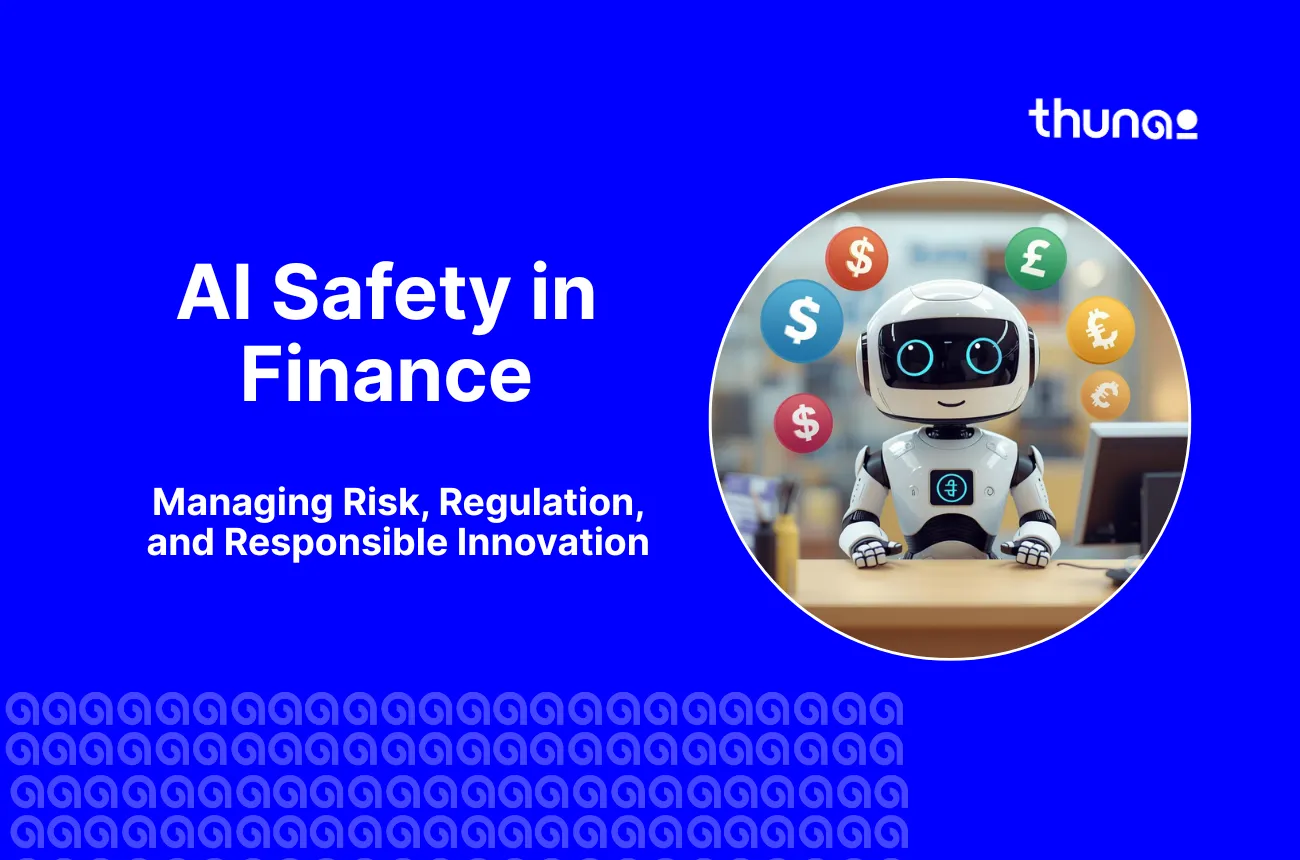The Call Audit Guide Every Call Center Needs in 2025 (14 Scoring Metrics)



Thunai learns, listens, communicates, and automates workflows for your revenue generation team - Sales, Marketing and Customer Success.
Is your current agent coaching not leading to noticeable performance improvements or higher quality scores?
It’s more common than you think!
When feedback isn't specific or actionable, agents can feel unfairly judged (especially when they try their best!).
That’s why this call audit guide will walk you through how you can turn call audits into powerful coaching opportunities and score your team fairly.
What is a Call Audit?
A call audit in a call center is a systematic and periodical assessment of agent interactions with customers, as well as the established processes, workflows, procedures, and guidelines that agents are expected to follow.
These checks can be done inside the company by supervisors, skilled agents, or special quality teams. Or, companies can hire outside experts to do these checks.
In the end, a call audit works like a check-up tool. It helps find areas that can be made better in how agents perform, how work is done, and the total customer experience.
Why Regular Call Audits Matter for Call Center Teams
Just like with any sport, sales team, or company, numbers matter. That’s why using a call audit checklist is the only way to improve your team as a whole. Breaking this down, here is how call audits help:
- Sharpen Your Skills: Audits pinpoint exactly where you shine and where you can improve (like script use, handling questions, solving problems). This means better, targeted coaching to help you excel.
- Boost Customer Happiness (CSAT): Consistent quality checks ensure every customer gets great service. Happy customers are loyal customers.
- Improve Teamwork and Efficiency: Audits spot wider issues in our processes or how we use resources. Fixing these makes everyone's job smoother and helps us hit team goals.
- Stay Safe and Compliant: Audits check if we're following company rules and industry laws. This protects us all from fines and problems.
- Grow and Stay Engaged: Feedback from audits helps you develop professionally. Knowing how to improve and feeling supported can make your job more satisfying.
Call Center Call Audit Checklist
A complete call audit checklist allows a systematic and consistent approach to evaluating performance. Here’s a step-by-step guide for conducting effective call audits in 2025:
Call Audit Phases
| Phase | Main Focus | Key Actions |
|---|---|---|
| I. Preparation and Planning | Set clear goals and define scope | Set audit goals (e.g. CSAT, FCR) Define which calls/agents to audit Build detailed scorecards Align scoring points with goals Train and calibrate auditors |
| II. Conducting the Audit | Score calls fairly and consistently | Listen to or read conversations Use a scorecard to assess each point Record scores and add notes |
| III. Post-Audit Actions | Turn findings into improvements | Analyze results and spot patterns Deliver targeted feedback and coaching Create improvement plans Track changes and update QA process |
14 Top Metrics for Effective Call Auditing
A Good call auditing process depends on following the right numbers. This helps you get a full picture of how the call center is doing, how well agents work, and how happy customers are. In 2025, these metrics for call centers will usually fit into a few main groups:
I. Customer Experience Metrics:
- Customer Satisfaction Score (CSAT): Shows how happy customers are with one particular conversation, usually found out from surveys after a call. It also shows what customers think about the service they received.
- Net Promoter Score: Shows how loyal customers are and if they would suggest the company to others. It is figured out from answers to the question, "How likely are you to recommend...".
- Customer Effort Score (CES): Measures how much work a customer had to do to solve their problem. When customers have to do less work, they are often more loyal.
- First Call Resolution (FCR): This is the share of calls where the customer's problem is solved in the first conversation. They don't need to call back or be contacted again. A higher FCR shows good call quality and that the agent is skilled.
II. Agent Performance and Efficiency Metrics:
- Average Handle Time (AHT): This is the average length of a call. It includes time spent talking, on hold, and work done after the call (ACW). A shorter AHT might mean things are running well, but it's important to balance this with service quality and customer happiness.
- After Call Work (ACW) / Wrap-up Time: This is the time an agent uses for tasks about a call, after the customer has hung up.
- Following the Schedule: Shows how well agents follow their work plans (like their start and end times, and breaks).
- Agent Activity Rate / Occupancy Rate: This is the share of time agents are busy with call work compared to the time they are available or logged in. A high rate can mean resources are used well. But, it might also mean agents could be getting too tired.
- Call Quality Score: This score comes from the audit scorecard itself. It shows how well agents meet the set quality rules.
III. Operational and Process Metrics:
- Call Abandonment Rate: The share of callers who hang up before they talk to an agent. If this rate is high, it might mean there are not enough staff or calls are not sent to the right place quickly
- Service Level: The share of calls answered within a set amount of time (for example, 80% of calls answered in 20 seconds). This is a key sign of quick service.
- Call Transfer Rate: The share of calls moved from one agent or department to another. If this rate is high, it could point to gaps in training or calls being sent to the wrong place.
- Repeat Call Rate: This follows the share of calls from the same customer about the same problem in a set period. It often means the first problem was not completely solved.
- Cost Per Call (CPC): This is the total cost of running the call center divided by the number of calls taken. It helps to see how well the call center manages its money.
When choosing these numbers, it is very important to match them with the call center's main goals and what the audit program aims to do. Using a good mix of these numbers gives a complete picture of how things are going.
5+ Proven Expert Tips for Effective Call Auditing in 2025
To ensure your call auditing process in 2025 is truly effective and drives meaningful improvements, consider these proven expert tips:
1. Set Up Clear, Fair, and Useful Scorecards and KPIs
Create a call audit template that lists exact actions and results you can see.
These should connect straight to your business aims and customer happiness.Make them clear and not confusing. Often adjust your KPI numbers. This is to keep up with changing customer hopes and what the business needs.
2. Hold Regular Scoring Practice Sessions for Auditors
To keep scoring the same way and be fair, quality assurance teams should have regular practice sessions.
This helps everyone agree on the standards and lessens the chance of personal opinions affecting scores.
3. Pay Attention to Coaching and Growth, Not Just Scores
Mainly use what audits find to make coaching sessions fit what each agent needs.
Give feedback in a helpful way. Point out good things and give useful tips for getting better. Don't just point out mistakes. The aim is to help agents grow and do better, not to punish them.
4. Combine Customer Comments Directly with Agent Insights
Don't just depend on checks done inside the company. Do surveys after calls to get direct comments from customers. Then, mix these CSAT/NPS scores and written comments into your audit study.
Tell agents about the points used for checking and how the process works. Think about their ideas when you make or improve scorecards. Being open and including agents helps build trust and support.
5. Use Technology for Quick and Useful Feedback, Especially AI
Use AI tools that study voice and automatic quality assurance systems. These can help you work more effectively and understand things better.
Give feedback to agents quickly after the audit. When feedback is given soon after the real conversation, it has a bigger effect. Respond fast to negative comments. A quick follow-up can be very important.
5 Common Mistakes to Avoid in Call Audits
Call center audits are helpful. But, if not done well, they might not work as expected or could even cause problems. Knowing what to look out for is important for good quality checks in 2025:
- Unclear and Unrealistic Scorecards: To avoid this, make sure the points you use to check calls are clear and easy to understand. They should be about actions you can see and hear. Everyone should know what good, okay, or needs-help scores mean. This helps agents know what to do.
- Everyone Not Checking the Same Way: It's important that all people checking calls look for the same things and score in the same way. This makes it fair for everyone. Regular meetings where checkers score calls together can help make sure everyone is on the same page.
- No Focus on Helpful Feedback: Use call checks as a way to help agents grow. Point out what they do well and also show them areas where they can get better. This helps agents feel good about their work and want to improve.
- Failing to Provide Quick Feedback for Agents: Give feedback to agents soon after their calls. When feedback is fresh, it's easier for them to remember the call and use the tips to do better next time.
- Not Checking Enough Calls: If you're not checking every call, make sure you check enough calls for each agent. These calls should show their usual way of working. This gives a fair picture of how they are doing.
Automate Your Call Audits with AI for Smarter QA
In 2025, the integration of Artificial Intelligence (AI) into call center operations is revolutionizing how call audits and quality assurance (QA) are conducted.
Checking calls manually takes a lot of time, usually only looks at a few calls, and can depend on the person doing the checking. AI helps with these problems:
- Checks Every Call: AI tools can review and score all customer conversations (like calls, chats, and emails), not just a few. This presents a complete and unbiased view of everyone's performance.
- Always Fair and Same: AI applies the same standards to grade every call. This makes the scoring fairer and more uniform compared to human scoring, as people can grade differently.
- Find More Details: AI is capable of more than just scoring calls from a checklist. It can also detect the emotions of customers and agents. It can identify frequent subjects and customer issues. It can verify rule compliance. And it can examine particular agent behaviors, such as their speaking manner or how they show empathy.
Why Automate Call Audits Completely Using Thunai?
A lot of call center software is overpriced. It can also be inflexible and have restrictions on automating data use. Thunai automates call scoring and sentiment analysis. It does this along with creating transcripts and action points.
This makes call audits much simpler. Thunai can also function like a central knowledge hub for your business. It helps you develop guides, sales presentations, and marketing material based on identified customer difficulties.
Additionally, Thunai includes AI agents for chat, email, and voice. These agents use your entire information store to achieve the best outcomes. Thunai does all this with one centralized and consistent knowledge base.
Would you like to see how it works? You can try Thunai for free!

Call Audit FAQs
What is a call audit?
A call audit is listening back to recorded customer calls. This is done to check the quality of the conversation and make sure agents are following guidelines. The main goal is to find ways to improve how calls are handled.
What is a call center audit?
A call center audit is a bigger check-up on how the entire call center is working. It looks at things like agent performance, the processes used, and if customers are happy. This helps the call center run better and meet its goals.
What is the role of a call auditor?
A call auditor carefully listens to calls to see how well agents interact with customers. They give feedback to help agents improve and make sure company standards are met. Their work helps make customer service better for everyone.






